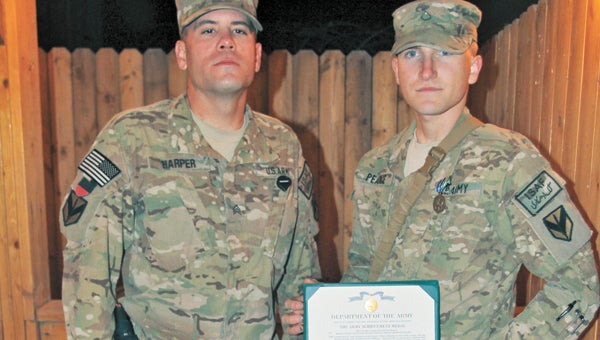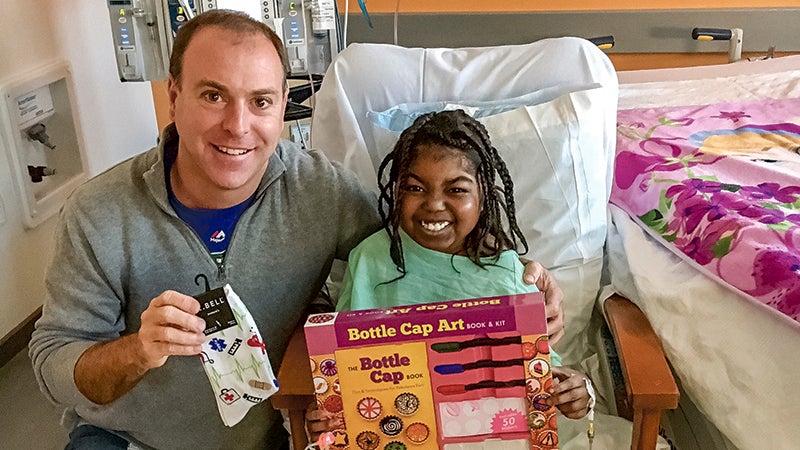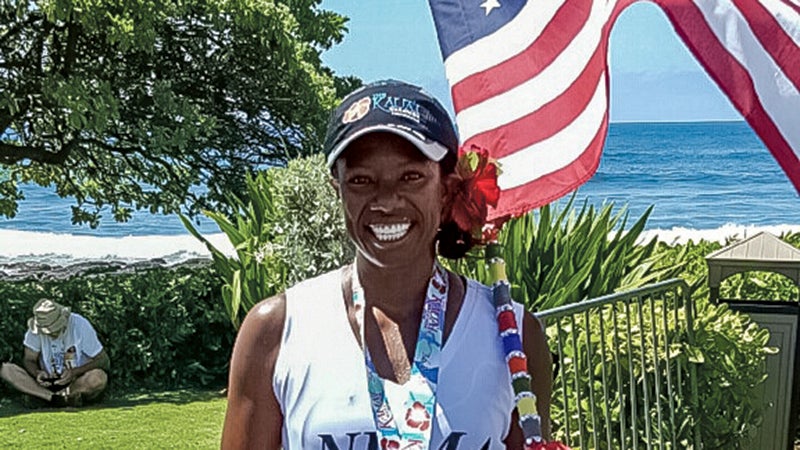In the face of danger
Published 10:33 pm Monday, December 10, 2012

Pfc. Wayland Pearce, unit supply specialist for Task Force Durable at Bagram Air Field in Afghanistan, stands with his supervisor, Sgt. Jeremiah Harper, supply sergeant, after he was awarded the Army Achievement Medal for providing medical aid to an injured civilian in October.
Suffolk man earns Army medal
By Sgt. V. Michelle Woods
Special to the News-Herald
For his quick action to provide medical aid to an injured civilian after Bagram Airfield in Afghanistan came under indirect fire in October, Pfc. Wayland Pearce has earned the Army Achievement Medal.
Pearce, a Suffolk native, is a unit supply specialist for headquarters and headquarters company in the Special Troops Battalion with Task Force Durable. He received the award on Dec. 1.
The award is given to soldiers who go above and beyond their required duty and distinguish themselves by meritorious service or achievement. In Pearce’s case, he was awarded the AAM for exemplifying Army Values like personal courage and selfless service, according to Pearce’s supervisor Sgt. Jeremiah Harper, a supply sergeant with Task Force Durable.
“I worked my whole childhood, but I was never really recognized for it,” Pearce said. “It feels good that I’m finally getting noticed for something.”
While Pearce and other soldiers were in the supply office, they heard a warning siren and then a loud boom.
“We got on the floor and waited two minutes, and then I rushed to get my Improved Outer Tactical Vest on,” said Pearce, who is serving on his first deployment. “We ran outside to the bunker and sat there for about 15 minutes. This civilian guy came in and his hands were all bloody, because when the mortar landed, it landed right next to him. He fell and rolled in the ditch and his hands were cut up. I ran outside and got the first aid kit and ran back and just performed first aid on him.”
“Out of all the people in that bunker, he was the only one who reacted,” Harper said. “That stuck out in my mind.”
The standard operating procedure for soldiers to follow after receiving indirect fire is to wait inside the bunker until force protection announces it is safe to report to their chain of command. This is to protect soldiers from additional attacks, shrapnel wounds and interfering with force protection operations.
Pearce said all of this crossed his mind, but the casualty’s need overwhelmed his fear of getting hurt.
“He was in need, and I didn’t want to just let him sit there and start bleeding everywhere,” he said. “I really didn’t think it was that big of a deal just to run out there and grab the first aid bag, but yeah, there could have been that chance there was another mortar that could have landed right there.”
Harper said Pearce was prepared, ready to help and the only one who thought of it. ”It struck me as great personal courage,” he said. “After receiving the all-clear signal, we went into the brigade building, and he still had the first aid kit with him. The first thing he asked me was if anyone needed help.”
Pearce said he learned how to react to these types of scenarios through Army medical training. ”We went through this really educational combat lifesaver class before we deployed,” he said. “We went out into the field with paint ball guns to make the training more realistic. In one scenario, one soldier was shooting at us with the paintball gun and we had to go perform first aid quickly to a casualty and get him out of there.”
Pearce said he joined the military to get out of his neighborhood and do something positive with his life. He said in the beginning of his Army career he got into trouble during Basic Combat Training and Advanced Individual Training, but his mother has seen how he’s grown and matured throughout his young Army career. His family is very proud of him, he said.
“I think Pearce is an outstanding soldier,” Harper said. “He’s 100 percent right about the positive change in him. I think it’s amazing what people will do when put to the test.”





